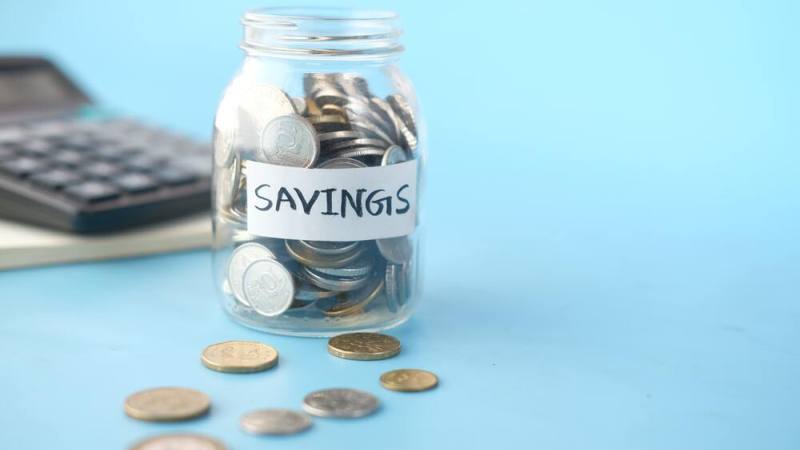Figuring out how to save money is a journey that will look different for everyone. However, some things are universal.
A savings plan starts with a clear picture of your expenses. Track your spending and review it regularly, especially after life events. Then, take practical steps to reduce costs and start saving.
1. Plan Your Meals Ahead of Time
It takes time to plan meals, but it helps you avoid spending money on convenience foods. Plus, it’s better for your health. Make a list, whether it’s on your phone or paper, and then check the pantry, fridge and freezer to see what you need before going shopping. This will help reduce food waste.
It’s a good idea to save money for emergencies, as well as for things like college expenses or retirement. Set a short-term savings goal, and use the SMART approach to create an achievable and measurable target that’s attainable in a specific amount of time. For example, saving $10,000 in 12 months would be a reasonable and achievable goal. Also consider ways you can save more, such as cutting down on unnecessary spending.
2. Buy in Bulk
When you buy in bulk, you usually get a lower price per unit. For example, buying 10 bars of soap may cost you more upfront than purchasing just one, but it will save you money in the long run.
Warehouse stores like Costco, Sam’s Club and BJ’s Wholesale offer bulk products at cheaper prices. Alternatively, you can shop online for many bulk items that are sold at regular stores.
Keep in mind that buying in bulk requires extra storage space for your purchases. If you don’t have room, you may find yourself throwing away excess food or household items. Be careful not to purchase items that will spoil quickly. For instance, don’t buy 20 avocados unless you know that your family will eat them all before they go bad.
3. Go Meat-Free Once a Week
Taking one day a week off from meat isn’t only good for the planet — it’s also good for your wallet. Livestock production is associated with the release of greenhouse gases that contribute to climate change, and it requires far more fossil fuel than plant-based foods to produce.
The blog Counting Animals estimates that going meat-free just once a week spares an average of 3.5 animals per person a year, which means millions of animals are saved each year. That’s in addition to saving countless acres of land, gallons of water and tons of fuel.
Aside from the environmental benefits, eliminating meat can help you save money on your food bill because meat tends to cost more than beans, vegetables and other vegetarian options. Plus, cooking at home is typically cheaper than eating out.
4. Use Your Credit Card in Ways That Maximize Rewards
Many people forget that a credit card’s rewards can be an asset to saving money. “Cards that offer points or cash back on everyday purchases are like having a built-in discount,” says Pal.
Try to use a credit card when shopping for groceries, gas, dining and other routine expenses. Often, this will give you more opportunities to redeem your rewards.
Another trick to getting the most out of your savings is earmarking windfalls such as tax refunds and bonuses for specific goals. Likewise, consider automating your payroll deductions to maximize the amount you’re contributing to your employer-matched 401(k), or saving any other lump sums in an online savings account that pays high interest rates. You can also save by buying used or refurbished items whenever possible.
5. Pay Off Your Credit Card Every Month
Credit card debt has a high compounding interest rate, so paying it off is one of the most important things you can do to save money. While you should always make at least the minimum payment each month, it’s better to pay off your balance as quickly as possible to reduce interest charges.
To get started, try using an envelope budget system that requires you to use cash for most of your spending. This will help you avoid overspending and keep your savings on track.
Another way to save is by “paying yourself first.” This means you put a certain amount of your paycheck into emergency savings, college, and retirement accounts before any other expenses come up. You can even automate the process so it’s easy to stick with your savings goals.



